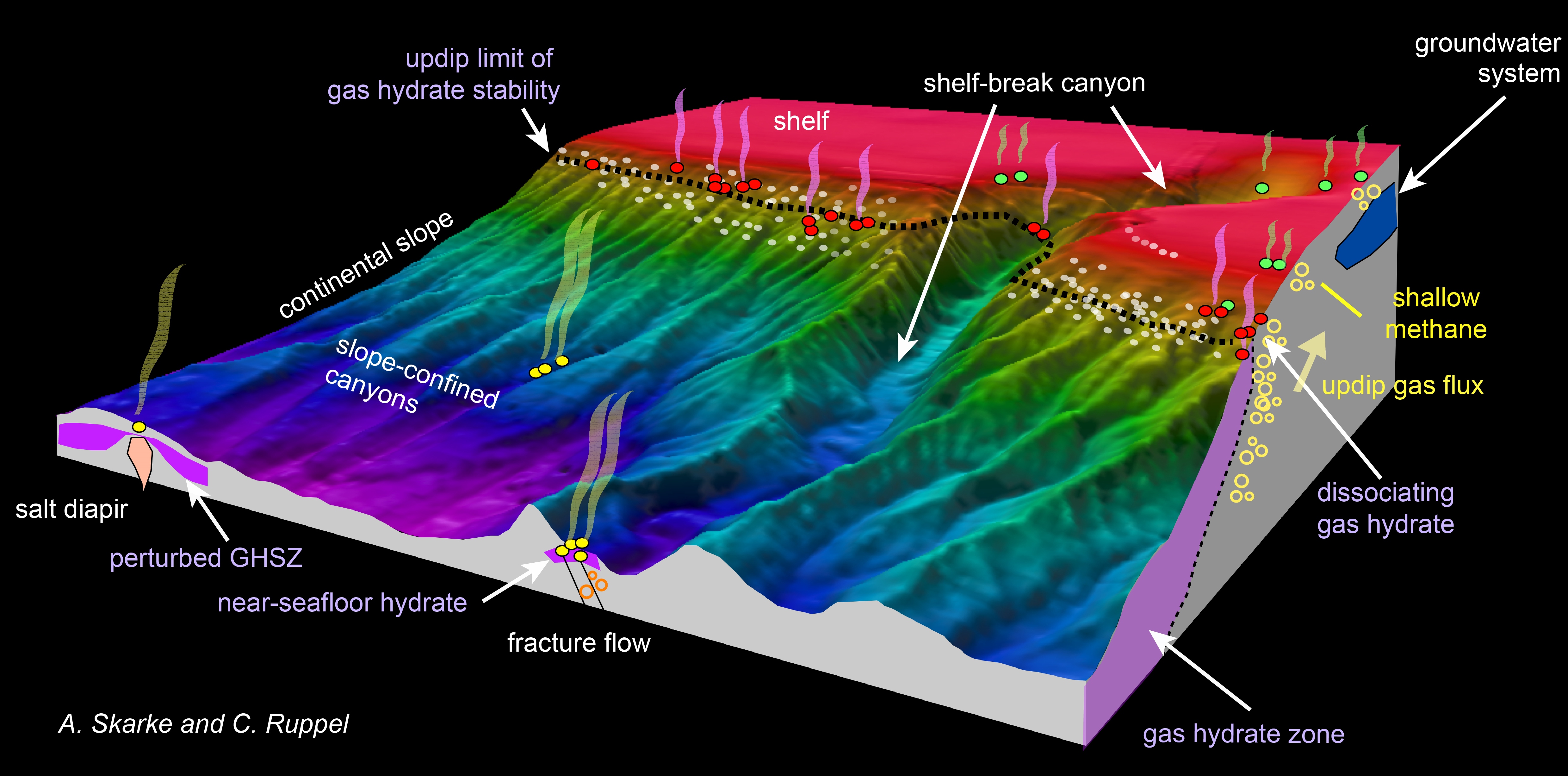
The Dirty 'Clean Fuel': Why Natural Gas Out-Pollutes Coal (Op-Ed)

Jeremy Deaton writes about the science, policy and politics of climate and energy for Nexus Media. You can follow him at @deaton_jeremy. He contributed this article to Live Science's Expert Voices: Op-Ed & Insights.
Climate activist and author Bill McKibben has likened 2 degrees Celsius (3.6 degrees Fahrenheit) of warming to the legal drinking limit, and the global carbon budget to a six-pack shared between friends. The total proven coal, oil and gas reserves? That's "the three 12-packs the fossil-fuel industry has on the table, already opened and ready to pour."
Sixty to 80 percent of the coal, oil and gas reserves of publicly listed companies need to stay in the ground if the planet is to have a decent shot of keeping global warming to less than 2 degrees C above pre-industrial levels, the limit agreed to by world leaders. Extending McKibben's analogy, coal is the moonshine of fossil fuels — cheap, dirty and extremely dangerous. Oil is an off-brand whiskey. Natural gas is Grey Goose vodka — clean, refined and widely unobjectionable. It should appeal to free-market libertarians and left-leaning environmentalists alike. That's received wisdom, anyway. In actuality, natural gas simply poses a different range of threats. Gas may be just as hazardous as oil and coal.
Here's why:
1. Natural gas is mostly methane.
Natural gas produces about half as much carbon dioxide as coal, but it can wreak havoc if it escapes into the atmosphere unburned. That's because natural gas is comprised mostly of methane, an extremely potent greenhouse gas. Over the course of a century, methane will trap 34 times as much heat as an equivalent amount of carbon dioxide.
Problematically, natural gas is prone to leaking from pipelines, wellheads, and the nooks and crannies of processing and storage facilities. "Accounting for methane leakage throughout the supply chain of natural gas, natural gas might actually be worse for the climate than coal," said Lena Moffitt, director of the Sierra Club's Stop Dirty Fuels Campaign, at a panel on energy hosted by Politico.
Sign up for the Live Science daily newsletter now
Get the world’s most fascinating discoveries delivered straight to your inbox.
As NOVA Next reported, it's conceivable that leaked methane from the U.S. oil and gas sector is warming the atmosphere as much as America's 557 coal-fired power plants. [Nearly 6,000 Natural Gas Leaks Found in Washington, D.C. ]
Thus, while the United States' embrace of natural gas has cut carbon dioxide emissions, the country might not have put a dent in total greenhouse gas emissions, which include methane.
2. Gas pipelines blow up.
Shoddy pipes don't just deliver climate-distorting methane into the atmosphere. They also endanger people who live nearby. In recent years, natural-gas pipeline explosions have killed five in Allentown, Pennsylvania; eight in San Bruno, California; and 10 in southeast New Mexico, to name a few. Now, thanks to the shale gas boom, thousands of miles of new gas pipelines are wending their way across the country.
Pipes, known as "gathering lines," carrying gas from wells to processing facilities are just as vulnerable to deterioration and natural disasters as are other kinds of pipelines. But a significant portion are exempt from federal safety or construction regulations because they traverse rural areas, and are therefore seen as posing a less significant threat.

This regulatory wrinkle puts countless rural families at risk.
3. Fracking is bad for your health.
Hydraulic fracturing, or "fracking ," allows drillers to access reserves of natural gas trapped deep underground in shale rock. The expansion of hydraulic fracturing has driven down the price of natural gas, but not without a cost to local communities. From Texas to Pennsylvania, chemicals used in fracking are contaminating water supplies. Hydraulic fracturing has been linked to infertility, miscarriage, birth defects and low birth weight, according to a study published in the journal Reviews on Environmental Health. [Fracking: The Confusing Vocabulary of Hydraulic Fracturing (Op-Ed)]
Astoundingly, fracking is exempt from regulation under the Safe Drinking Water Act, thanks to a loophole passed in 2005 at the urging of former U.S. Vice President Dick Cheney, an editorial in the New York Times said. Prior to his time in the White House, Cheney served as CEO of Halliburton, a national leader in hydraulic fracturing.
It's tempting to see natural gas as a bridge technology, a clean(er)-burning fossil fuel that will hold the world over until the price of solar energy drops to bargain levels. But as Environmental Defense Fund President Fred Krupp argues, Americans should view natural gas as an "exit ramp," not a bridge. That's because every dollar spent on a new pipeline or a new gas well is a dollar not invested in wind or solar.
Natural gas is merely another way to feed the world's addiction to climate-altering hydrocarbons. Investing in gas will only slow the development of affordable clean energy. Given the risks associated with natural gas, both to the climate and to human health, this fuel deserves just as much scrutiny as do oil and coal.
Follow all of the Expert Voices issues and debates — and become part of the discussion — on Facebook, Twitter and Google+. The views expressed are those of the author and do not necessarily reflect the views of the publisher. This version of the article was originally published on Live Science.









